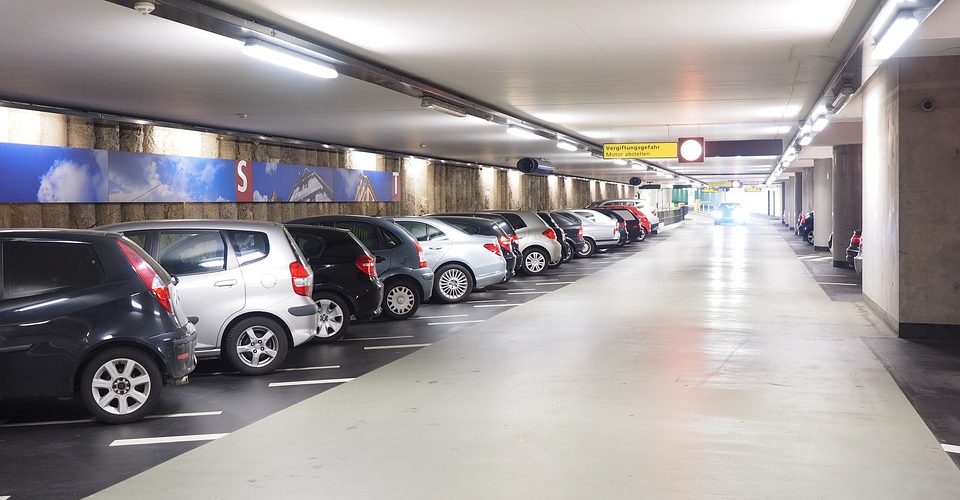The case revolves around the issue of private use of company cars for VAT purposes, specifically related to commuting to and from work during periods of remote work. The question is whether this dispute falls under the questions designated for mass objection. Furthermore, the matter considers whether a factual assessment following a judicial ruling in a mass objection procedure can be part of the collective decision on objections.
The taxpayer is a fiscal entity for VAT, and one of its divisions operates an advisory and accounting firm. This division provides cars to certain employees for a fee, which they use for various purposes, including commuting. The taxpayer paid VAT on the provision of these cars, considering a non-statutory provision of 2.7% of the list price as a flat-rate for private use. The taxpayer filed objections against the VAT amounts paid.
In its judgments of April 21, 2017, the Supreme Court answered the questions designated for mass objection regarding the private use of cars for VAT purposes. Consequently, the tax authorities issued a collective decision on objections. Subsequently, the tax inspector allowed the taxpayer an opportunity to submit factual information concerning the extent of private use of company cars.
The District Court rules that the tax inspector should have made an individual decision on the extent of private use of the company car in response to the objection. Therefore, the court considers the taxpayer’s appeal admissible. Regarding the substantive dispute, the court finds no grounds for deviating from the general rule that commuting is considered for private purposes. Additionally, the court determines that the taxpayer incorrectly attributed all constant lease costs to business use.
The Court of Appeals upholds the District Court’s ruling on the admissibility of the appeal. The court considers that the question of whether the commuting of the taxpayer’s employees should be considered private use was not designated for mass objection. Furthermore, the court rejects the taxpayer’s argument that commuting cannot be regarded as private use in its situation. Lastly, the court also dismisses the taxpayer’s claim that only variable expenses should be allocated to private use.
The taxpayer has filed an appeal in cassation, and the State Secretary has filed an incidental appeal in cassation. The incidental appeal challenges the court’s ruling on the admissibility of the appeal. The first ground in the principal appeal argues, citing the Fillibeck judgment of the Court of Justice, that the commuting of the taxpayer’s employees should be considered business use of the car. The second ground challenges the court’s ruling that both variable and fixed expenses are part of the taxable base. Allocating only direct costs (variable costs) provides a realistic situation from a business-economic perspective. Thus, the taxpayer is free to consider only the variable costs for the VAT correction of private car use. The wording of Article 72 of the VAT Directive allows for this.
Advocate General Ettema concludes that the State Secretary’s incidental appeal in cassation should be dismissed. According to the Advocate General, the Court of Appeals rightly determined that the question of whether the commuting of the taxpayer’s employees should be considered private use was not designated for mass objection. However, this does not automatically make the appeal admissible regarding the extent of private use. In this context, the Advocate General discusses the legislative history of the mass objection procedure, the policy of the tax authorities, some case law, and literature. The conclusion is that the tax inspector should have decided on this matter through an individual decision on the objection. A further factual assessment following a judicial ruling in the mass objection procedure cannot be made in a collective decision on objections. This assessment is also not covered by Article 25e(4) of the General Tax Act.
Regarding the substantive dispute, Advocate General Ettema concludes that grounds 1 and 2 fail, and therefore, the principal appeal should also be dismissed.
Source: rechtspraak.nl















